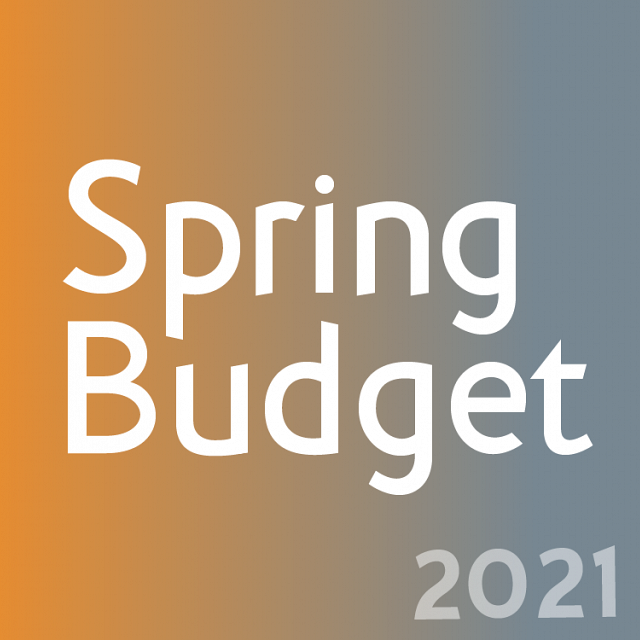



This will be a ‘points-based’ system (driving licence style) for late filing, which replaces the default surcharge regime for VAT. The new system is designed to crackdown on those who frequently file late, but be more lenient for those who make an occasional slip-up. It will apply to VAT returns and annual return filings and quarterly updates under MTD. For VAT registered entities this will be a complete change from the default surcharge which has often been criticised for penalising taxpayers unfairly.
Points will be received for each late filing, with a fixed financial penalty of £200 arising when the threshold is reached. The points threshold depends on the taxpayer’s submission frequency: annually = two points quarterly = four points, monthly = five points. Taxpayers will continue to receive a penalty (set at the same flat rate) for each subsequent late filing after the first which attracts a penalty. Points will expire after 24 months if the taxpayer remains under the threshold.
If a penalty is imposed, points will reset to zero only if the taxpayer is compliant for a certain amount of time based on their submission frequency: annually = 24 months, quarterly = 12 months, monthly = six months.
The taxpayer will not incur a penalty if the outstanding tax is paid within the first 15 days after the due date. The new late payment penalty will consist of two separate charges. The first charge will become payable 30 days after the payment due date and will be based on 2% of the balance outstanding. The amount of that charge will depend on payments made or any Time to Pay (TTP) arrangements agreed during those first 30 days.
If tax remains unpaid on day 31, an additional penalty will be due on the outstanding tax, accruing on a daily basis, at a rate of 4% per annum. This additional penalty will stop accruing when the taxpayer pays the tax that is due.
Taxpayers will have the option of requesting a Time-To-Pay (TTP) arrangement, to stop a penalty from accruing any further by approaching HMRC and agreeing a schedule for paying their outstanding tax. If agreed, this has the same effect of paying the tax and stops penalties accruing from the day the taxpayer approaches HMRC.
Taxpayers can request changes to how often they submit returns if they meet certain conditions. For example, a taxpayer can ask to submit VAT returns monthly, quarterly or annually. There will be a system to adjust the taxpayer’s points total according to the change they are making so they will not be penalised by changing frequency of returns.
Where a taxpayer leaves a VAT group and begins to make separate submissions, the taxpayer will keep any penalty points previously incurred. If a taxpayer joins a VAT group, the group will be given the same number of penalty points as the member with the highest total.
HMRC say they will take a light-touch approach to the initial 2% late payment penalty for customers in the first year of operation under both VAT and ITSA where a taxpayer is doing their best to comply, and allow taxpayers 30 days to approach HMRC before applying a penalty.
This is a big change for VAT registered businesses, but the system ought to be fairer because it takes account of the number of filings a business has to make, and it’s also less likely to excessively penalise a trader who unintentionally renders a late return in a period that just happens to have a large liability. The light touch in the first year is welcome and will give taxpayers a chances to get familiar with the new regime.
For more information on the above, or for VAT advice tailored to you, please fill out the form below and one of our experts will be in touch.

 VAT consultancy for businesses
1
VAT consultancy for businesses
1

 VAT consultancy for charities
2
VAT consultancy for charities
2
 3 March 2021
3 March 2021.jpeg)
 Making Tax Digital
4
Making Tax Digital
4
 1 March 2021
1 March 2021
 Contact us
6
Contact us
6